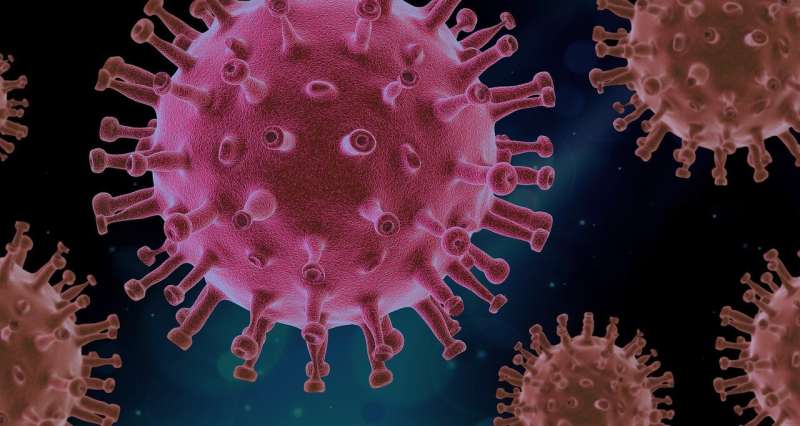Impact of RSV Vaccines and Nirsevimab on Reducing Hospitalizations in Infants

Maternal RSV vaccines and nirsevimab significantly reduce hospitalization rates among infants during the 2024–2025 season, highlighting the importance of early prevention strategies.
Recent research indicates that maternal respiratory syncytial virus (RSV) vaccination and administration of nirsevimab are associated with a significant decrease in RSV-related hospitalizations among infants aged 0 to 7 months during the 2024–2025 season. This season marked the first with widespread availability of both prevention methods. A study published in the CDC's Morbidity and Mortality Weekly Report analyzed data from national surveillance networks, comparing hospitalization rates across different seasons. The findings revealed that infants in this age group experienced an estimated 43% to 28% reduction in RSV hospitalization rates, with the most notable decline—up to 52%—observed in those aged 0 to 2 months, especially during peak months from December to February.
These results underscore the importance of strategic health planning to implement the CDC’s recommendations for RSV prevention, enabling parents to protect their infants early in the RSV season. For infants born during the season, ensuring timely administration of nirsevimab within the first week of life—preferably during birth hospitalization—is crucial for those not covered by maternal vaccination. These preventive strategies aim to safeguard infants from severe RSV illness, reducing healthcare burdens and improving infant health outcomes.
Source: https://medicalxpress.com/news/2025-05-rsv-vaccines-nirsevimab-linked-hospitalization.html
Stay Updated with Mia's Feed
Get the latest health & wellness insights delivered straight to your inbox.
Related Articles
Risk of Dengue and Chikungunya Becoming Endemic in Europe Due to Climate Change
Climate change is driving the spread of dengue and chikungunya mosquitoes into Europe, increasing the risk of endemic transmission of these tropical diseases across the continent. Learn about the latest research findings and potential future impacts.
Environmental Impact of Common Inhalers Revealed in New Study
A recent study reveals that common inhalers, especially metered-dose types, contribute significantly to greenhouse gas emissions, urging policy and technology reforms for sustainable healthcare.
Revolutionary AI Tool Achieves 96% Accuracy in Assessing Fertilization-Competent Human Sperm
A novel AI model developed by the University of Hong Kong achieves over 96% accuracy in identifying human sperm capable of fertilization, promising to revolutionize fertility diagnostics and treatments worldwide.
Moderna Receives Limited Approval for Next-Generation COVID Vaccine in the US
Moderna’s new COVID-19 vaccine received limited FDA approval for high-risk groups, reflecting regulatory changes under HHS leadership amid ongoing vaccine debates. Learn about the vaccine's features and approval details.



